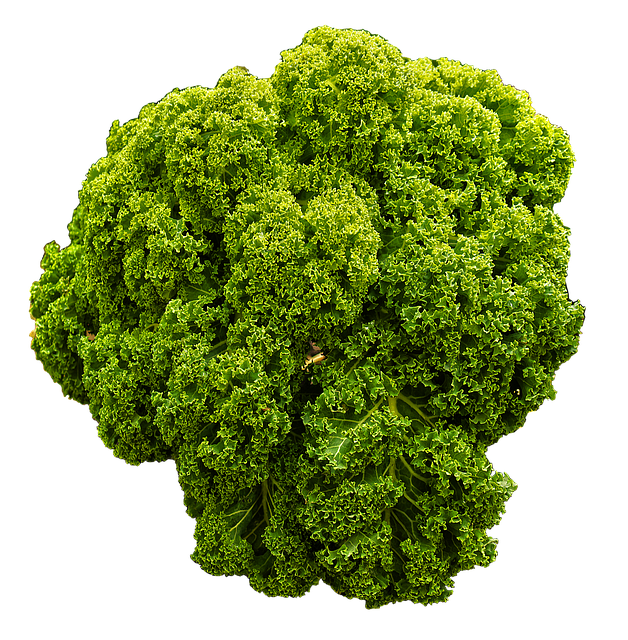Kale
Due to its nutrient density, kale offers several health benefits. It is believed to support heart health, aid in digestion, promote eye health, and boost the immune system. The antioxidants present in kale may also help reduce inflammation and lower the risk of certain chronic diseases.
Nutritional Value:
Kale is renowned for its exceptional nutritional content. It is rich in vitamins A, C, and K, as well as minerals like calcium, potassium, and magnesium. It also contains antioxidants such as beta-carotene and flavonoids, which help protect cells from damage.
Health Benefits:
Due to its nutrient density, kale offers several health benefits. It is believed to support heart health, aid in digestion, promote eye health, and boost the immune system. The antioxidants present in kale may also help reduce inflammation and lower the risk of certain chronic diseases.
Varieties:
There are several varieties of kale, with curly kale and Lacinato (also known as dinosaur kale) being among the most common. Curly kale has ruffled leaves and a slightly bitter flavor, while Lacinato kale has darker, smoother leaves and a slightly sweeter taste.
Versatility:
Kale is a versatile ingredient that can be enjoyed in various ways. It can be eaten raw in salads, blended into smoothies, sautéed, steamed, or roasted. Its robust texture also makes it suitable for soups, stews, and stir-fries.
Culinary Uses:
In addition to being a popular ingredient in salads and smoothies, kale can be used in a wide range of recipes. It can be added to pasta dishes, pizza toppings, sandwiches, and even incorporated into baked goods like kale chips.
Growth and Harvest:
Kale is a hardy vegetable that thrives in cooler climates. It can be grown in both spring and fall seasons and is relatively easy to cultivate. Kale leaves can be harvested as needed, allowing the plant to continue producing throughout the growing season.

Tags : vitamins A, C, K, calcium, potassium, and magnesium.